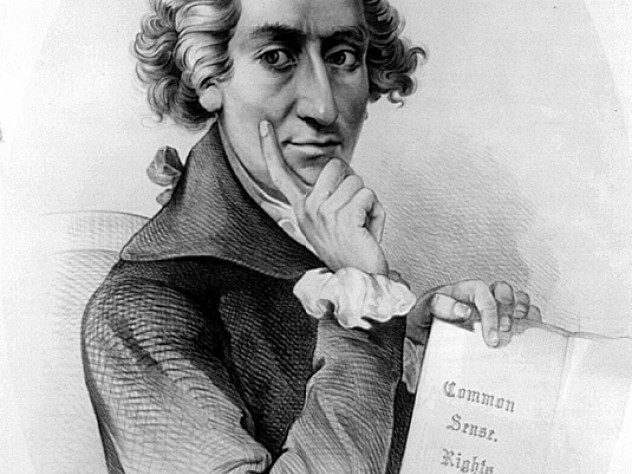As a lover of science fiction and a feminist, sometimes the sci fi landscape feels a little bleak. The boys club mentality holds on a little bit more stubbornly in this genre than in others. (For proof on even the fandom level just look to the levels of outrage over a female Doctor Who.) It’s a real life mirror of the continued misconception that women have little to no place in STEM fields. Somehow we are still not smart or logical enough by some of the old guard way of thinking. When fiction reinforces these misconceptions, it can be down right infuriating.
Well, boys club, meet Clone Club.
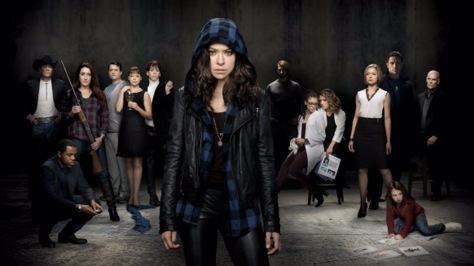
Orphan Black begins with Sarah Manning watching someone who looks exactly like her intentionally and resignedly throw herself in front of a train. Sarah being a bit of a grifter and con artist doesn’t miss the opportunity to grab the mysterious stranger’s purse and check her place out. She’s partially driven by opportunity and trying to figure out who a woman that could be her clone is. So does she find the beginning of the rabbit hole with, well, actual clones.
As the mystery unravels and winds the most important aspect of Orphan Black makes itself apparent. Family is the center of everything, especially the sisterhood of Sarah, Alison, Cosima and Helena.
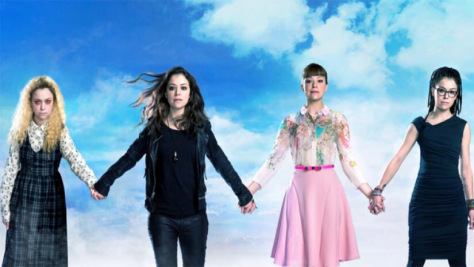
Brilliantly portrayed by Tatiana Maslany, the four sestras stand at the center of the mystery and each possesses a strength that will see them through while they figure everything out. Sarah is street smart. Cosima is brilliant in science. Alison is organized. And Helena is a trained killer. All of them unapologetically embrace their feminine strengths, both tradional and non. Their biggest strength is their sisterhood and developing trust in each other.
Sisterhood and family are the very center of Orphan Black.
Surrounding the sisters is a network that becomes a family. Even the foster mother Sarah could never connect with becomes their strongest ally once secrets are out and walls broken down. Brothers, spouses, lovers, friends and partners all become part of the fold. It is the strength of that family that makes them strong enough to fight a powerful multinational corporation with government ties.
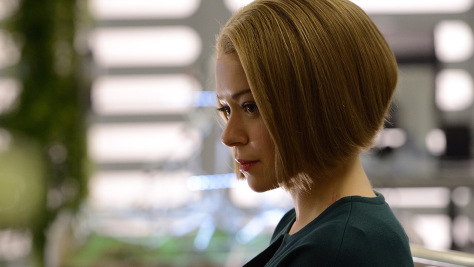
Also refreshing is Orphan Black doesn’t shy away from presenting women as also being cold, logical and unswayed by emotion. Rachel Duncan is another clone who is also a villain. She has no sense of loyalty to her fellow clones and only to the corporation that wants to profit off them. She is an experiment in her own way, but chooses to follow the path of greatest benefit to herself, regardless of consequences. Rarely are female characters written with any motivations that are not emotionally based and Rachel’s motivations are almost always logically based in her own self interest.
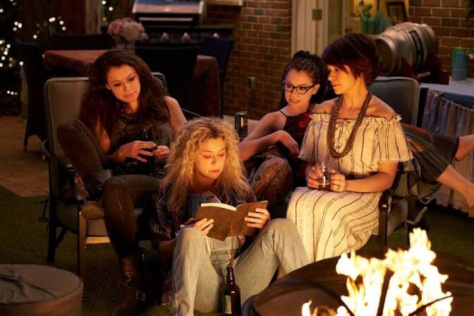
Orphan Black’s finale aired last weekend and it was an emotional thing. Certainly it’s rare that a show knows when to end and does so in such a graceful, unrushed way. It will be missed, but it was also a gift and a revelation. Here’s hoping it paves the way for even more science fiction stories with such strong, nonstereotypical women. Orphan Black did this while posing questions about morality, self determination and scientific ethics. It is a one of a kind show and it will be loved for a long time to come.





